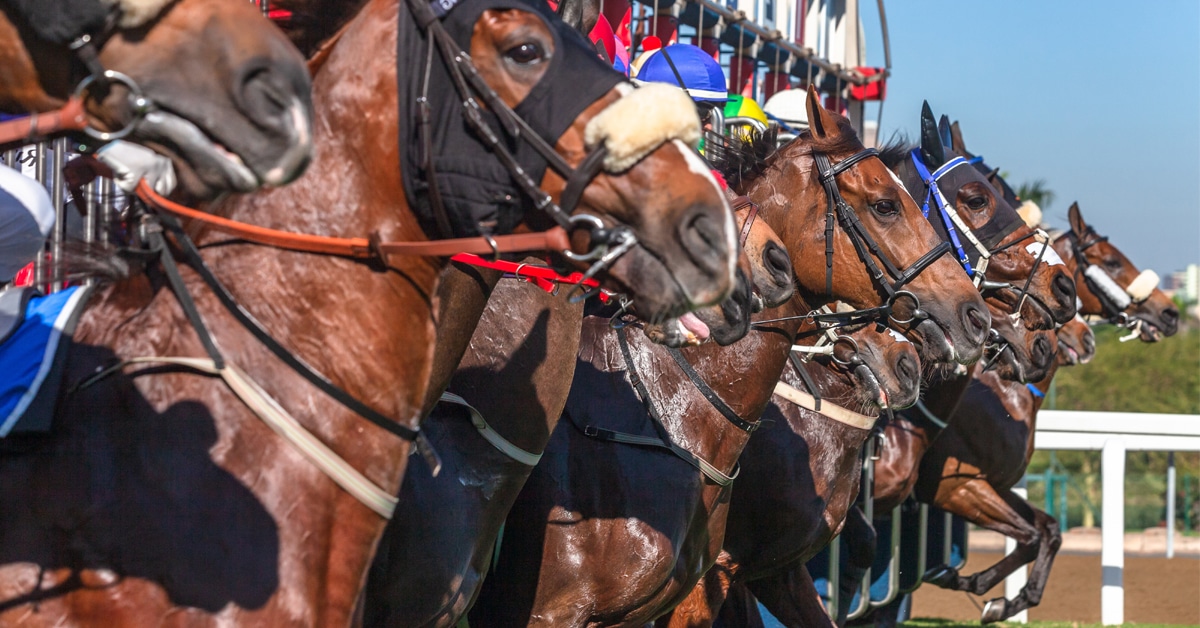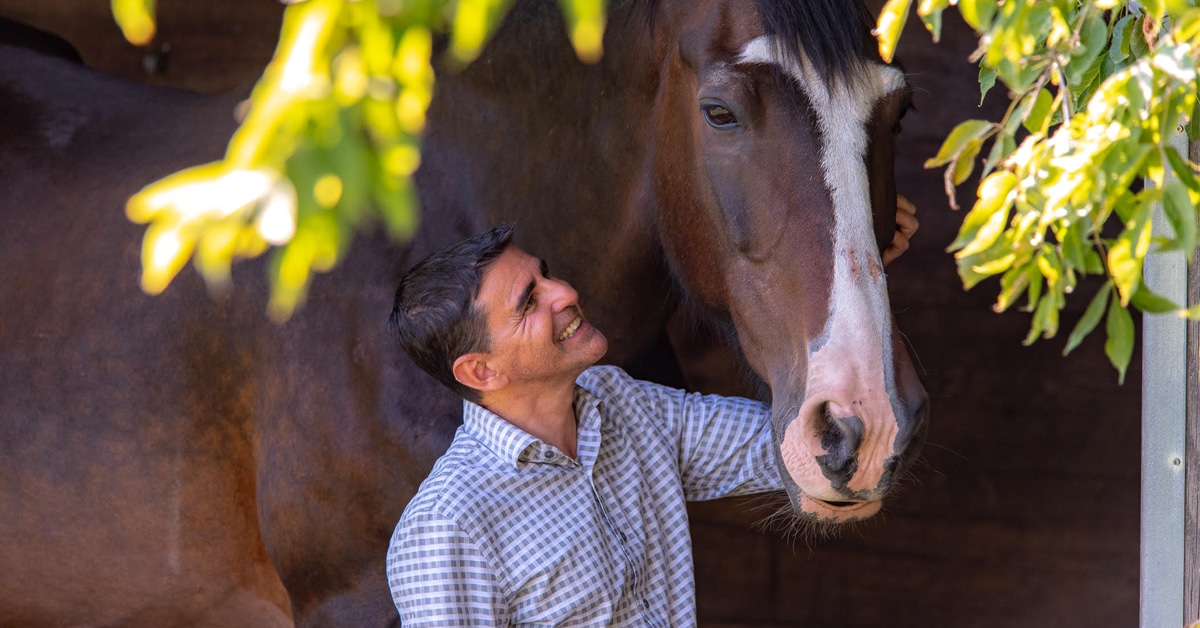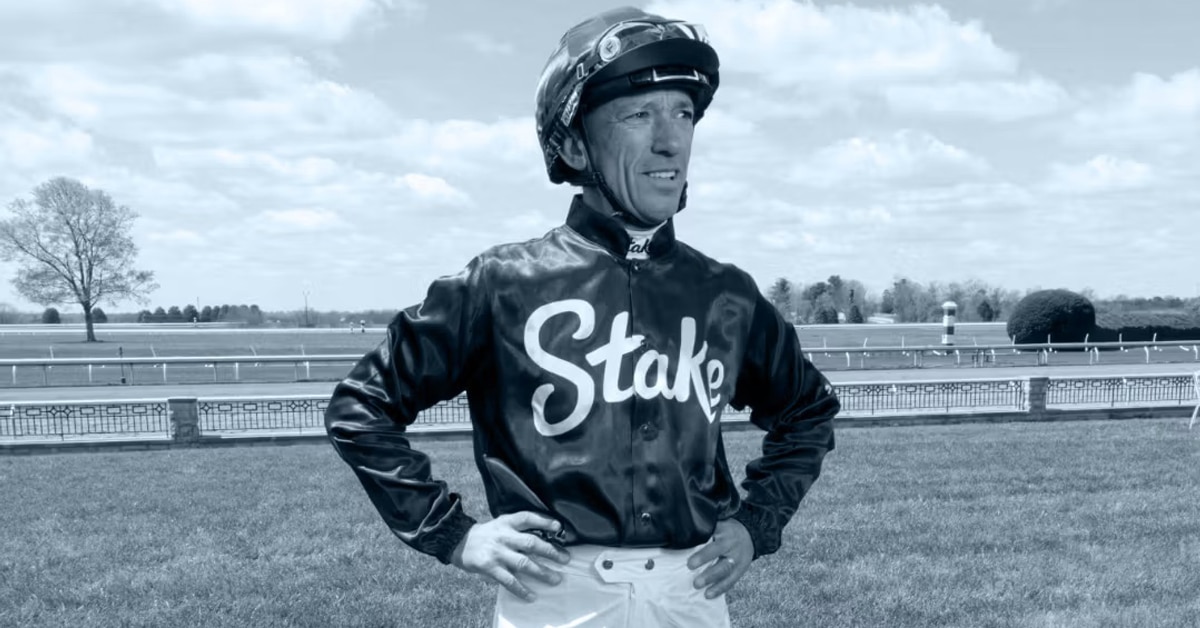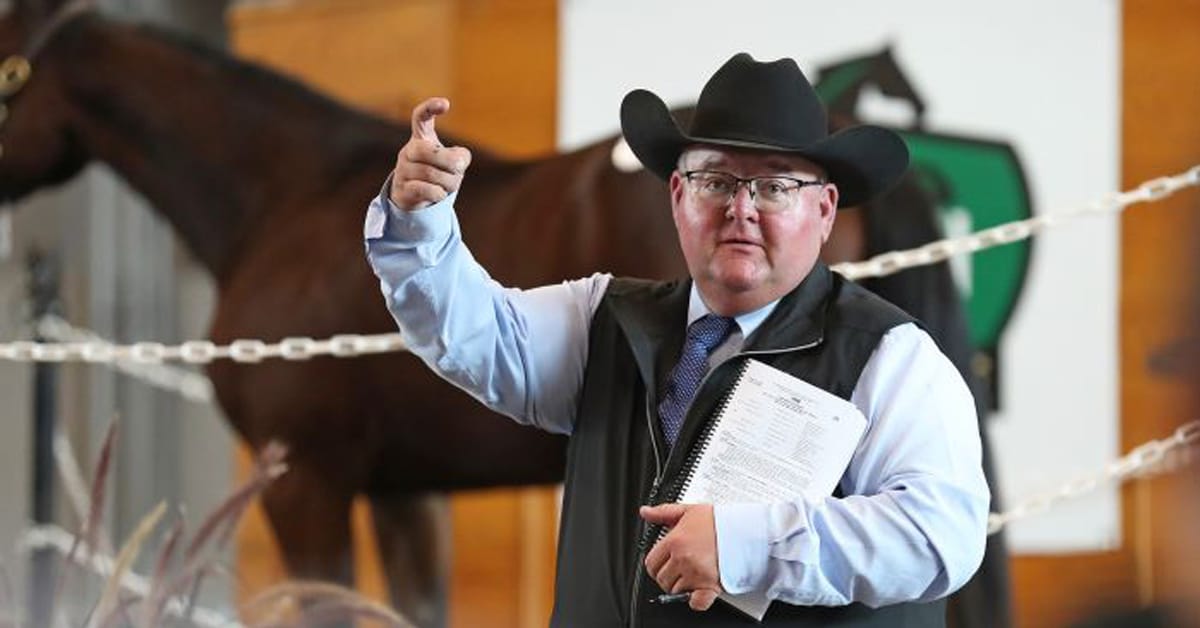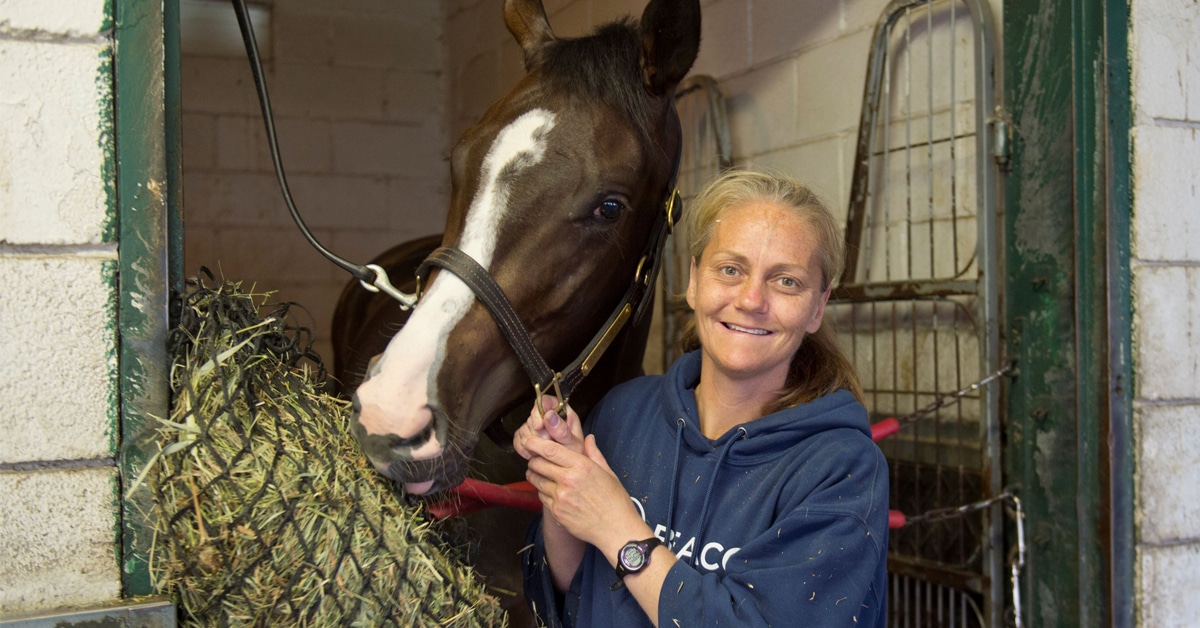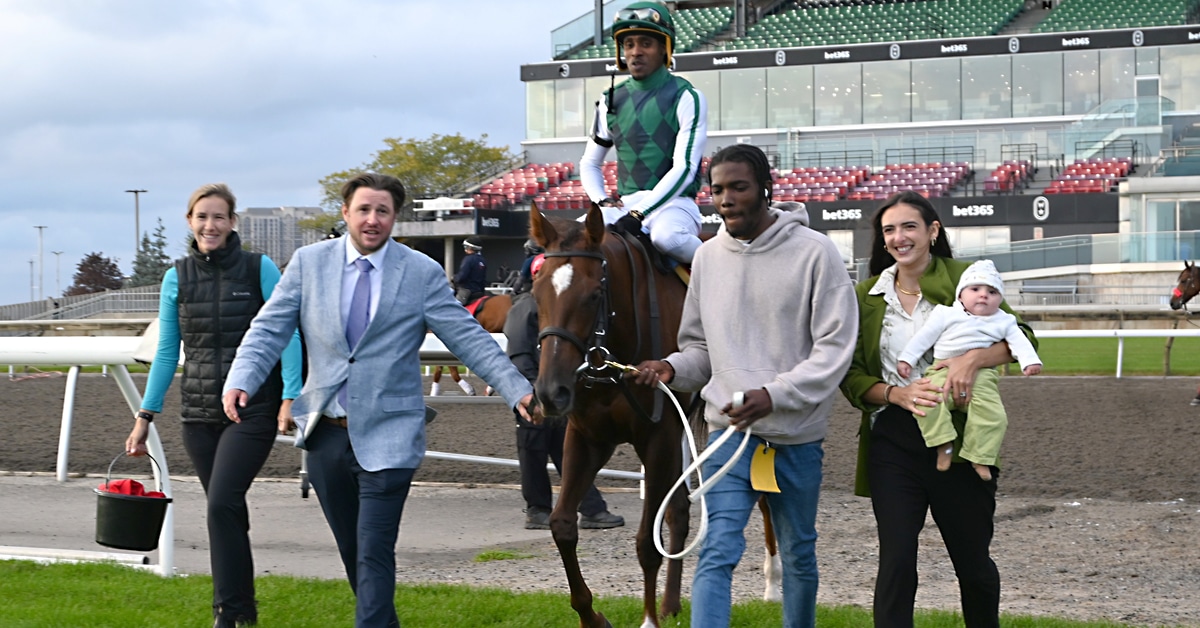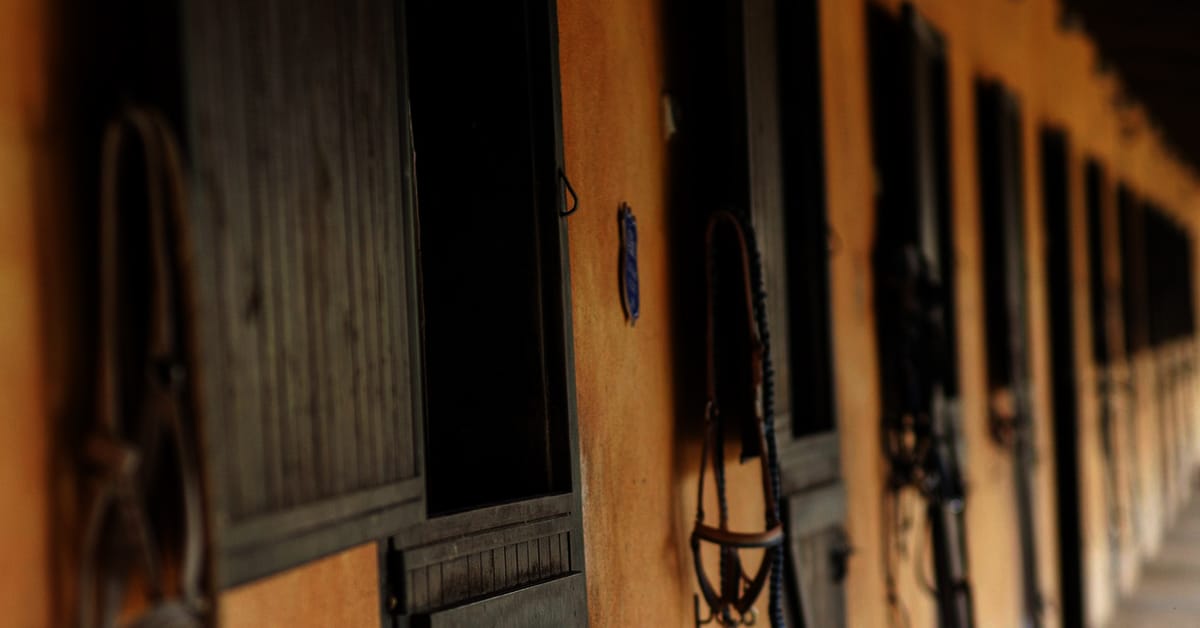Jockeys play a crucial role in minimizing injury risk to horses during a race, in addition to influencing their ridden experience and ultimate success. Despite this pivotal role, there is limited data describing the physiological challenges of race-riding and how jockey muscular fatigue during a race may influence the horse.
Following is a synopsis of a presentation by New Zealand researchers at the International Society for Equitation Science conference entitled “A Good Life for Horses” presented by ISES in New Zealand in March 2024. This study aimed to measure the sport-specific demands of jockeys in training and race-riding, and how differences in jockey position alter muscle recruitment and horse-rider interaction.
Analysis of 14 years of racing data for 786 jockeys revealed that jockeys with higher competitive workloads performed better than those with lower workloads, implying the need for sport-specific exercise to be “match fit”. Ride-specific physiological demands of professional jockeys and apprentices were determined by fitting jockeys with heart rate (HR) monitors, global positioning systems, accelerometers (to measure body displacement) and electromyographic clothing to measure muscular activity during a typical day of track work, speed trials (timed workouts) and races.
The study found that the physiological demands of riding increased from low during track work to moderate at timed workouts and near-maximal during race-riding. They also noted:
- Vertical head oscillation (head-bobbing) of jockeys during track work was higher compared to during timed trials and race-riding, indicating greater control over synchronous muscle activity in race-riding jockeys.
- Race-riding jockeys had greater hamstring activation of all muscle activity than jockeys riding track-work or trials, indicating they adopted a lower crouched posture with their centre of mass shifted anteriorly (forward).
- This change in posture and shift in recruitment from upper body musculature in trackwork/trials (three-point position with hands resting on the neck), to recruitment of the core and hamstrings in races (with independent hands), was associated with an increase in relative workload.
A survey of professional jockeys representing 40% of the New Zealand jockey population indicated that the main form of exercise for jockeys was riding trackwork and races, indicating that apprentice jockeys, with lower frequencies of race-day rides, do not have sufficient specificity in training to ensure development of adequate fitness for race-day riding. By improving jockey conditioning, it is hypothesized that the chance of race-riding errors can be reduced and the opportunity for jockeys to positively influence horses in race situations will increase. In the long term, this should reduce the incidence of race-day accidents and enhance both horse and jockey welfare.
~ with files from International Society for Equitation Science
The Latest
